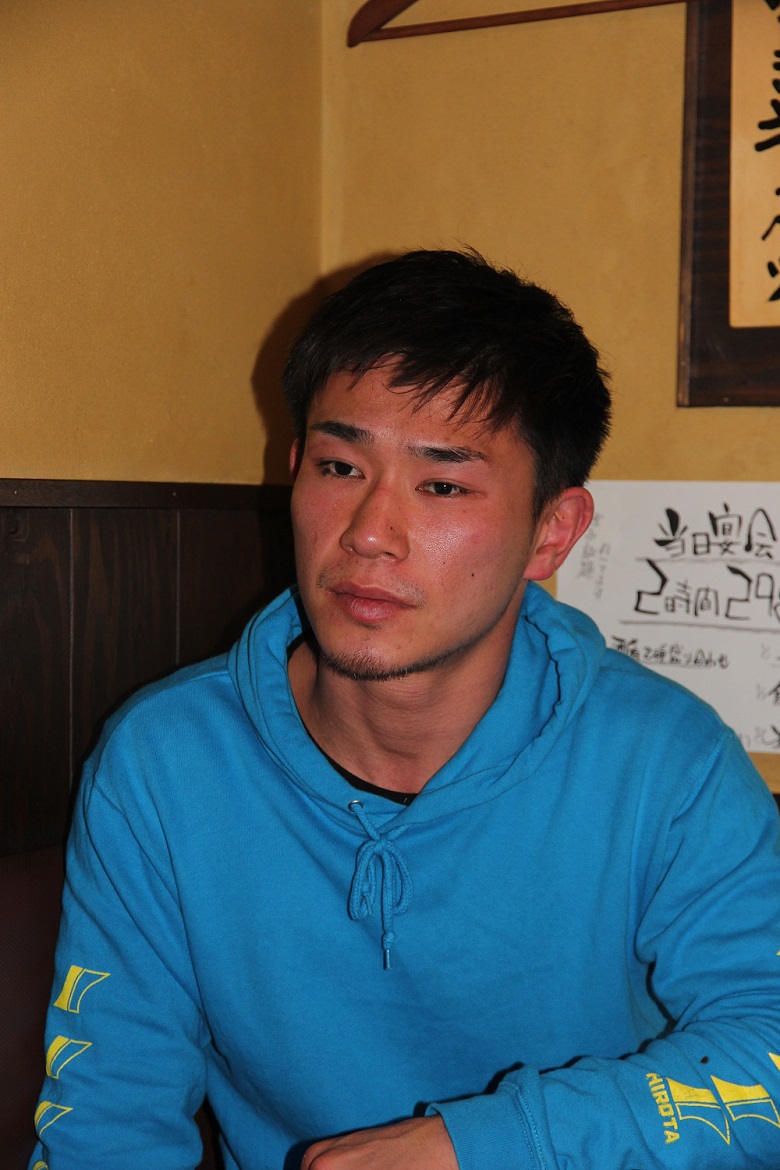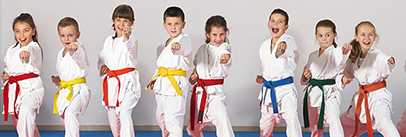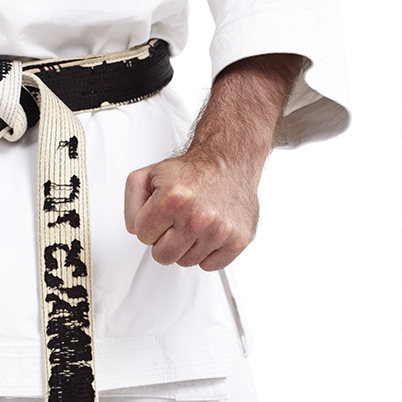The Olympic dream awakens ambitions. Stopped last year by injury, he is now 80th in the world ranking and lost his place in the Japan national team. Shohei Toyama did not give up the idea to participe to the Tokyo Olympics. At 26, this young instructor of the Japan Karate Shotorenmei (JKS) hopes to be back to his highest level this season. First mission : the Series A in Santiago, Chile (September 22nd-23rd).
By Florian Fournier / Traduction: Hannah Johnston / Photo : D.R
He wanted to become stronger. He did Karate, like his father before him. From the age of 4 to high school, he trains at the family dojo with his father, before going to high school in Okayama. He then entered Teikyo University where he met Masao Kagawa and Koji Arimoto, the 2012 Kata World Champion and JKS Instructor.
Shohei Toyama is now 3rd Dan and JKS instructor. He was a member of the Japanese national team in -60 kg. Twice finalist in a Premier League in 2015 (Okinawa and Salzburg), he has been looking for a new lease of life ever since. And he is breathing better and better....
What is your situation with the Japanese national team?
Today, I am 80th in the WKF ranking after my knee injury last year. This excluded me from the ranking of the best in the world but also from the national team. This year, I will do everything I can to find my place and move up the ranking. It's going to be a long time, but I have no doubt about my potential and my qualities. I am maturing in my Karate and, if the physical follows, I will succeed in finding my place in the Japanese team and among the best in the world.
What do you think of this category of -60 kg?
It is a very dense category, where there are many good karatekas. But for me, at the top level, there are only Douglas Brose, Saddridin Saymatov and Amir Mehdizadeh. For the rest, anything is possible.
How do you see the rest of his career?
My goal is to try to qualify for the Olympics. I will give everything to represent my country in 2020. Then, I will open a dojo in Tokyo to teach as many students as possible and try to train as many high level karatekas as possible.
Why did you choose Kumite?
Until university, I practiced Kata and Kumite at the highest level and then I had to make a choice. My affection for Kumite won it over. The "real" confrontation side was more in line with my temperament. However, I continue to practice Kata very intensively, both in class and sometimes at JKS competitions (he ranked 2nd at the 2016 JKS Kata World Cup in Glasgow).






